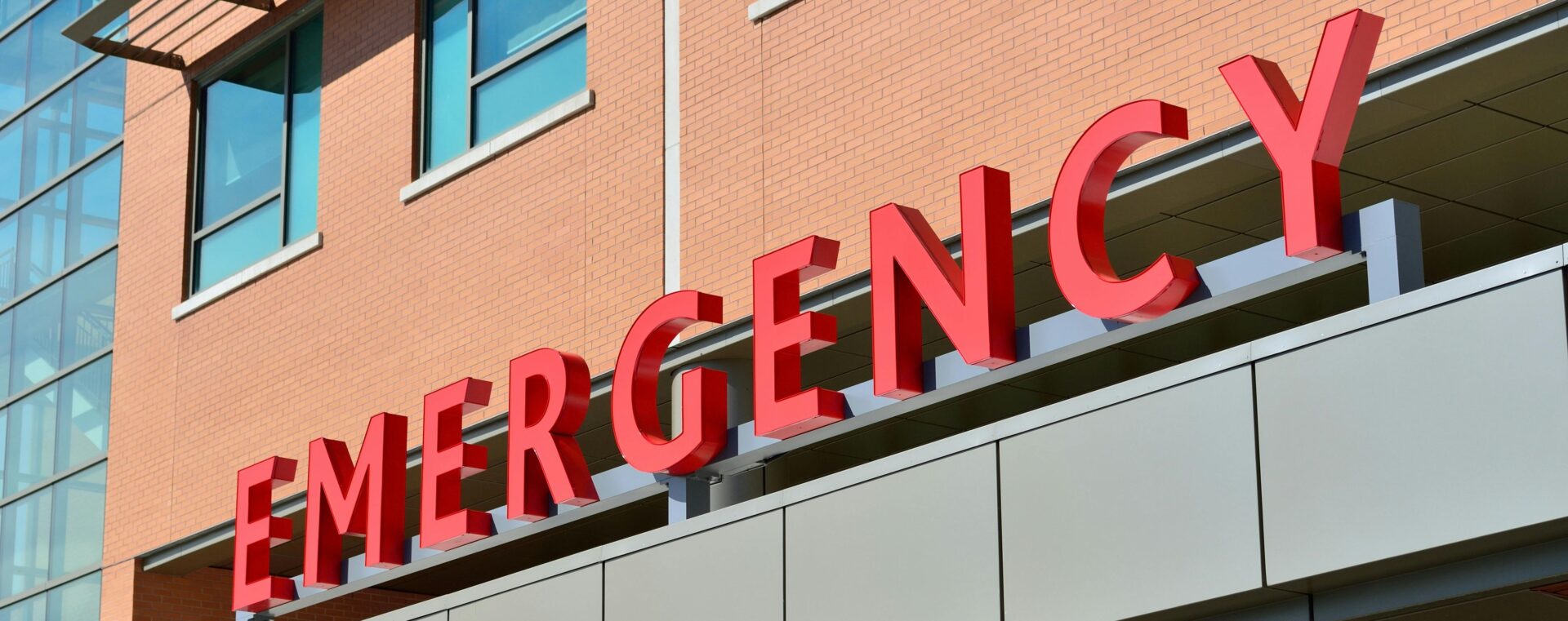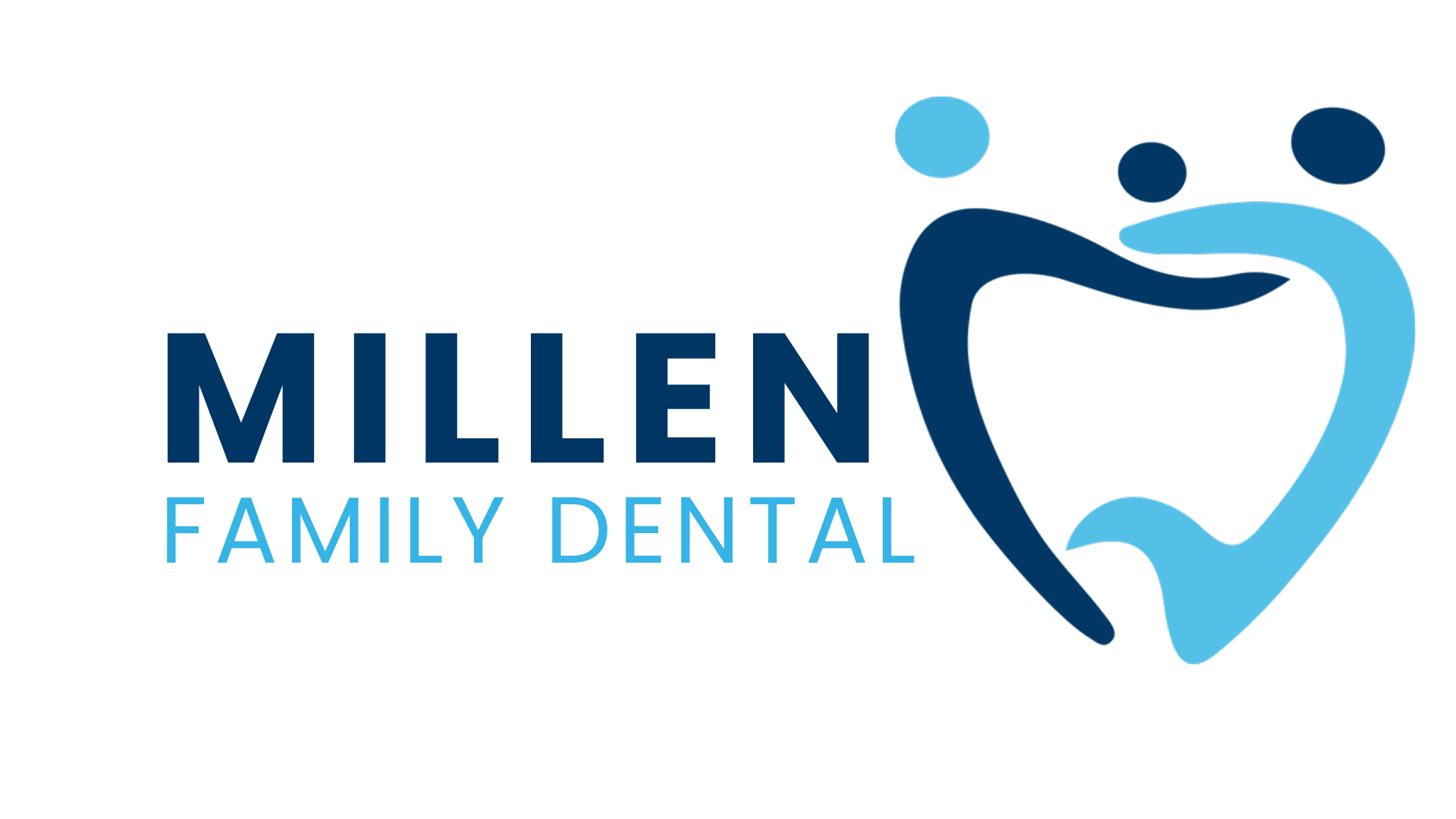
Emergency Dental Care: Dealing With The Unexpected
Dental emergencies can happen anytime, from a chipped tooth to severe pain flaring up in the middle of the night. Knowing how to handle these situations can alleviate pain, prevent further damage, and even save a tooth. No matter the ailment, quick and informed action makes all the difference. Here are a few comprehensive tips for emergency dental care in common situations to ensure you’re prepared.
Toothache: Pain Relief and When to See a Dentist
Toothaches are among the most common dental emergencies, often caused by cavities, gum infections, or abscesses. The discomfort can range from mild to unbearable, and pain can sometimes radiate to other areas of the head and jaw.
Rinse with Warm Salt Water: Rinsing with salt water can help reduce inflammation and alleviate pain by removing debris trapped around the tooth. Mix about half a teaspoon of salt in a glass of warm water, swish gently, and spit.
Use Cold Compresses: Applying a cold compress on the outside of the cheek for 15-minute intervals can help reduce swelling and numb the pain.
Avoid Over-the-Counter Aspirin on Gums: Although aspirin can help relieve pain, placing it directly on gums near the toothache can actually damage gum tissue. Use oral pain relievers instead.
See a Dentist Promptly: Severe tooth pain may indicate an infection or deep cavity that requires treatment. Delaying care can lead to more significant complications, such as a root canal or even extraction.
Chipped or Broken Teeth: First Aid and Preservation
A chipped or broken tooth can occur due to biting down on hard food, a sports injury, or an accident. Depending on the severity, you may need immediate treatment to prevent further damage.
Save Any Pieces: If you can locate the broken fragments of your tooth, keep them safe. Your dentist might be able to bond the pieces back onto your tooth.
Rinse with Warm Water: Rinse your mouth with warm water to clean the area and prevent infection.
Apply Gauze if Bleeding: If there is bleeding, use a piece of gauze and apply gentle pressure for about 10 minutes until the bleeding stops.
Use Dental Wax for Sharp Edges: If the broken tooth has a jagged edge that irritates your tongue or cheek, you can cover it with dental wax (available at most drugstores).
Contact Your Dentist: Even minor chips can expose sensitive parts of the tooth and make it vulnerable to further damage, so it’s essential to see a dentist as soon as possible.
Knocked-Out Tooth: Act Quickly to Save the Tooth
A knocked-out (avulsed) tooth is one of the most severe dental emergencies, but quick action can sometimes save it.
Handle the Tooth by the Crown: Avoid touching the root, as this can damage the cells necessary for reintegration.
Rinse Gently with Water: If the tooth is dirty, rinse it carefully with water. Avoid scrubbing it or using soap or chemicals.
Reposition the Tooth if Possible: If you can, try to gently place the tooth back into the socket, making sure it’s in the correct orientation.
Keep the Tooth Moist: If reinserting the tooth isn’t possible, store it in milk or a saline solution. Keeping it moist is essential for preserving the root.
See a Dentist Within 30 Minutes: Teeth that are replanted within 30 minutes to an hour have a much better chance of survival. Visit your dentist or an emergency room as quickly as possible.
Lost Filling or Crown: Temporary Measures and Pain Relief
Losing a filling or crown can be uncomfortable and may lead to sensitivity in the exposed tooth. Focus on
Clean the Tooth: Rinse your mouth to clear any debris that may have collected in the exposed area.
Use Temporary Filling Material: Dental cement, which is available over-the-counter at pharmacies, can be used as a temporary fix until you can get professional care. If dental cement isn’t available, sugar-free gum can provide temporary protection for the tooth.
Avoid Chewing on the Affected Side: Try to avoid chewing on the side with the lost filling or crown to prevent additional irritation and damage.
Keep the Crown if Possible: If you lost a crown, try to bring it with you to the dentist, as it may be possible to reattach it.
Abscessed Tooth: Recognize Signs of Infection
An abscessed tooth is an infection at the root of the tooth or between the gum and tooth. It can cause intense pain and is a serious condition that requires prompt treatment.
Rinse with Salt Water: Warm salt water rinses can help reduce the pain and draw out pus from the infection site.
Apply Cold Compresses for Swelling: Like with other dental pain, a cold compress on the face near the affected area can help control swelling and reduce pain.
Seek Immediate Care: Abscessed teeth can lead to severe complications if not treated promptly, including infections that spread to other parts of the body. A dentist may prescribe antibiotics and recommend root canal therapy or extraction, depending on the infection’s severity.
Managing Gum or Soft Tissue Injuries
Injuries to gums, cheeks, lips, and tongue are also common dental emergencies, particularly among children.
Clean the Area: Rinse with salt water to cleanse the wound and reduce the risk of infection.
Apply Pressure for Bleeding: If there’s bleeding, use a clean piece of gauze or a cloth to apply gentle pressure.
Use Cold Compresses for Swelling: A cold compress outside the mouth can help reduce swelling and numb the area, easing pain.
Consider Stitches if Necessary: If the wound is large or doesn’t stop bleeding, you may need stitches. In this case, visit a dentist or go to an emergency room.
Tips for Preparing for Dental Emergencies
Keeping a basic emergency dental care kit at home or in your travel bag can make it easier to handle dental emergencies. Consider having these items on hand:
Dental Wax: Helpful for covering broken teeth or loose braces to prevent cuts.
Temporary Dental Cement: Useful for reattaching lost fillings or crowns temporarily.
Pain Relievers: Over-the-counter pain relief, such as ibuprofen, can help manage pain and reduce inflammation.
Small Container and Saline Solution: Essential for preserving a knocked-out tooth if you can’t reinsert it immediately.
Conclusion
Dental emergencies can be scary, but quick and proper responses with emergency dental care are key to preserving oral health and reducing pain. Remember, any dental emergency should be followed up with a professional evaluation to ensure no underlying damage or infection persists. Being prepared can offer peace of mind and help in those critical moments.
Millen Family Dental offers emergency dental care for those in need. If you need immediate dental care, please contact us today.
